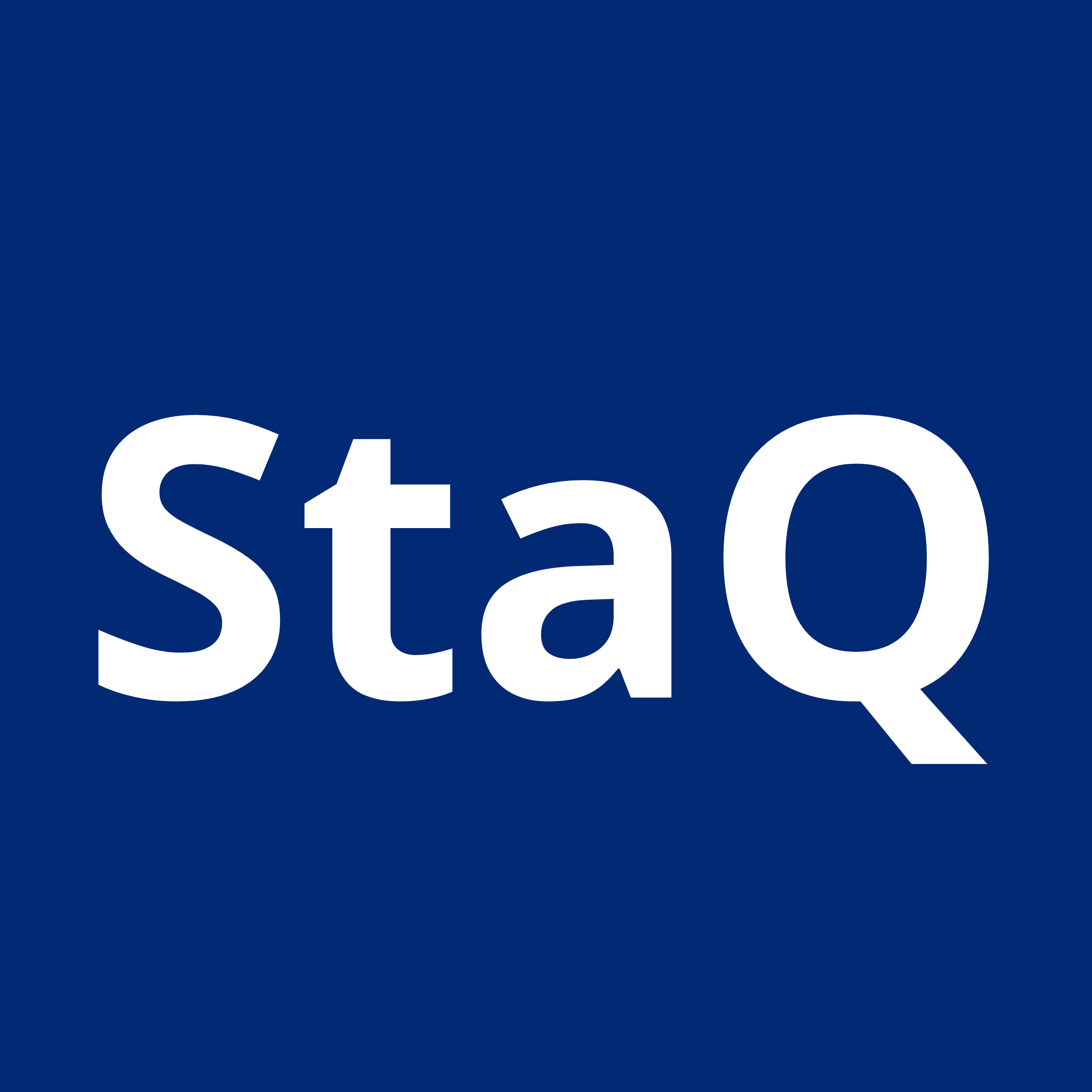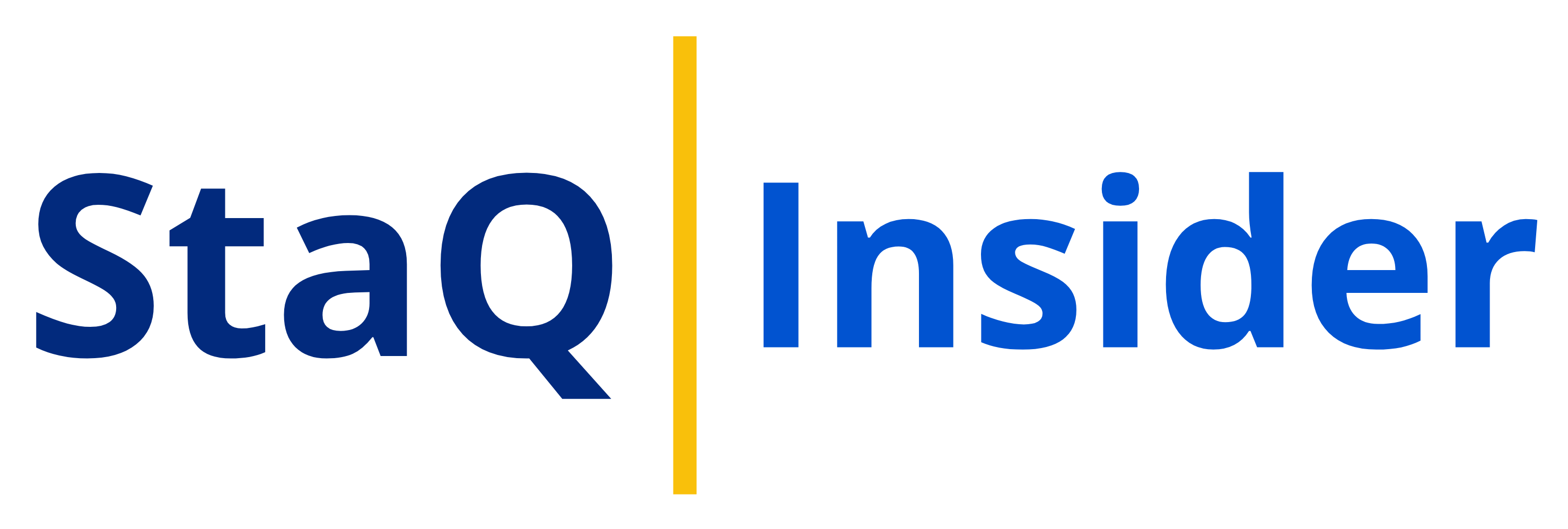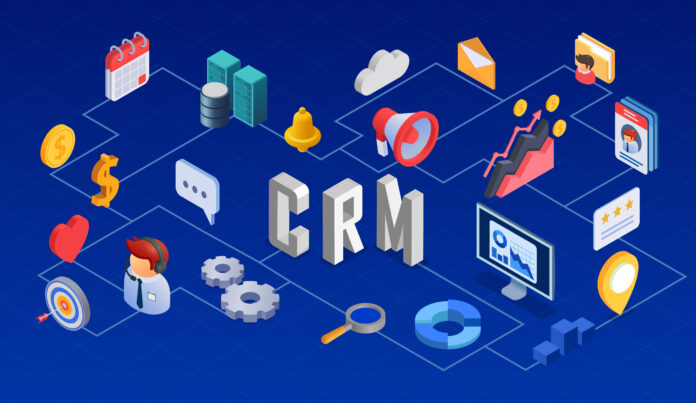Navigating the realm of customer relationship management can be a complex endeavor, especially in an era where customer expectations are constantly evolving. Salesforce, HubSpot, and ClickUp have emerged as formidable players, offering a wide array of features and functionalities tailored to meet the dynamic needs of modern businesses. In this detailed comparison, we will look at the features, cost-effectiveness, and capabilities of three leading CRM softwares, so you can determine the best fit for your requirements!
Salesforce vs. HubSpot vs. Clickup: A Glance
Salesforce, HubSpot, and ClickUp are prominent platforms offering different solutions in the CRM and productivity software spaces. Here is an overview of these platforms:
-
Salesforce: Salesforce, known for its robust CRM capabilities, started as a cloud-based software company in 1999, revolutionizing the CRM industry with its innovative approach. Salesforce has grown into a comprehensive CRM platform catering to businesses of all sizes. It is highly customizable, scalable, and suitable for businesses of all sizes and industries.
-
HubSpot: HubSpot emerged as a CRM software provider focused on inbound marketing, sales, and customer service tools, aiming to help businesses attract, engage, and delight customers. HubSpot has evolved into a versatile platform offering solutions for marketing, sales, and customer service. It provides automation and data management tools, aiding businesses in tracking revenue, saving time, and enhancing efficiency.
-
ClickUp: ClickUp entered the scene as an all-in-one productivity platform, offering features like task management, collaboration tools, and goal tracking to streamline work processes. ClickUp has gained popularity for its user-friendly interface and extensive functionality. It stands out for its simplicity, customization options, and the ability to combine various productivity tools on one platform.
Let’s now conduct a more in-depth comparison of these platforms.
1. Salesforce: CRM Capabilities

Salesforce CRM is renowned for its ability to help businesses manage and improve interactions with customers and prospects. It offers a comprehensive suite of applications for marketing, sales, commerce, and service, all built on a cloud-based platform. With Salesforce CRM, businesses can integrate data from various sources, leverage AI-powered tools for data analysis, and take real-time actions with personalized and automated solutions.
Key Features:
-
Sales Automation: Salesforce’s Sales Cloud offers automated sales processes, lead management, opportunity tracking, and forecasting tools to streamline sales operations and drive revenue growth.
-
Marketing Automation: Salesforce Marketing Cloud provides tools for personalized marketing campaigns, customer journey mapping, and analytics to enhance marketing strategies.
-
Customer Service Tools: Salesforce Service Cloud offers features like AI-powered customer service, self-service portals, contact center solutions, and field service management to deliver exceptional customer support.
Pricing and Plans:
Salesforce offers various pricing plans tailored to different business needs, ranging from small businesses to large enterprises. Pricing is typically based on the number of users and the specific features required.
Here is a detailed breakdown of Salesforce CRM pricing:
1. Starter Suite – $25 user/month
-
Simplified Setup and Onboarding
-
Lead, Account, Contact, and Opportunity Management
-
Email Integration and Automated Activity Capture
2. Professional – $80 user/month
-
Forecast Management
-
Customizable Reports and Dashboards
-
Quoting and Contracting
3. Enterprise – $165 user/month
-
Everything in Professional plus Advanced Pipeline Management & Deal Insights
-
Territory Management and Planning
-
Workflow and Approvals Automation
4. Unlimited – $330 user/month
-
Everything in Enterprise plus Predictive AI
-
Conversation Intelligence and Sales Engagement
-
Premier Success Plan and Full Sandbox
5. Einstein 1 Sales – $500 user/month
-
Everything in Unlimited plus Einstein Copilot powered by Generative AI
-
Performance Management, Sales Programs, and Team Collaboration with Slack
-
Connect and Unify All Data with Data Cloud and Revenue Intelligence
Businesses can start with a free trial to explore the platform before choosing a suitable plan.
Integrations and Ecosystems:
Salesforce has a vast ecosystem of third-party applications and integrations that enhance its functionality. It can integrate with various tools for marketing automation, analytics, e-commerce, and more. Additionally, Salesforce’s AppExchange marketplace offers a wide range of apps and add-ons to extend the platform’s capabilities and meet specific business requirements.
2. HubSpot: CRM Capabilities

HubSpot CRM platform is the central hub of all its marketing, sales, customer service, operations, and content management tools. It provides businesses with a single source of truth for all customer interactions, including landing pages, sales calls, and customer service interactions. This centralization allows businesses to provide remarkable customer experiences at every stage of the customer journey.
Key Features:
-
Lead Management: HubSpot offers a lead management and prospecting workspace that helps sales teams qualify leads and turn them into deals more efficiently.
-
Email Marketing: HubSpot provides email marketing tools that allow businesses to create and send targeted email campaigns, as well as track email performance
-
Content Management: HubSpot’s content management capabilities enable businesses to create and manage website content, ensuring that their online presence is optimized for inbound marketing.
-
Customer Service: HubSpot’s customer service tools provide businesses with a ticketing system and help desk, allowing them to manage customer inquiries and support requests.
-
Operations: HubSpot offers tools for project management and operations, helping businesses streamline their workflows and improve efficiency.
Pricing and Plans:
HubSpot offers a range of pricing plans to suit different business needs. For marketing software, they have plans starting from free and going up to enterprise-level pricing. HubSpot CRM Pricings include:
-
Free CRM: HubSpot offers a free CRM that includes features such as contact management, deal tracking, and email scheduling. It is available for unlimited users and is free forever.
-
Professional: This plan starts at $890 per month and includes features like lead scoring, email tracking, and contact and deal management. It also offers a 14-day free trial.
-
Enterprise: The Enterprise plan offers advanced features like predictive lead scoring, advanced reporting, and customization options. Pricing for this plan is customized based on the specific needs of the business.
-
Operations: The Operations plan includes features like customer data management, app integration, and process automation. Pricing for this plan is also customized.
-
Service: The Service plan offers customer service tools like ticket management, live chat, and customer feedback tracking. Pricing for this plan is customized.
-
Commerce: The Commerce plan includes features like invoicing, payment links, and order management. Pricing for this plan is customized.
-
CMS: The CMS plan offers website building and optimization tools. Pricing for this plan starts at $23 per month.
Additionally, HubSpot offers a free trial for all its plans, allowing businesses to test the software before committing to a purchase.
Integrations and Ecosystem:
HubSpot’s CRM platform integrates with a wide range of tools and services, including Google Ads, social media management software, and more. This ecosystem allows businesses to leverage HubSpot’s capabilities alongside other tools they may be using, creating a more comprehensive marketing and sales solution.
3. ClickUp: CRM Capabilities

ClickUp CRM is a cloud-based project management tool that allows teams to manage projects, tasks, and workflows efficiently. It offers a customizable platform that can adapt to various work styles and preferences. ClickUp enables teams to collaborate, define tasks, track progress, and communicate effectively within a single interface.
Key Features:
-
Task Management: ClickUp provides robust task management capabilities, allowing users to create, assign, prioritize, and track tasks easily.
-
Collaboration Tools: The platform offers a suite of collaboration tools such as comments, chat, and shared workspaces to facilitate seamless communication among team members.
-
Custom Views: ClickUp allows users to switch between different views like list, board, box, and time views, providing flexibility in how tasks and projects are visualized and managed.
Pricing and Plans:
Upon signing up for ClickUp, you’re automatically granted a Free Forever Workspace, with the flexibility to create multiple Workspaces. Each Workspace requires individual upgrading from Free Forever to access features of paid plans.
Here’s an overview of ClickUp plans:
1. Free Forever: Ideal for personal use, offering a plethora of features to ensure accessibility for all.
2. Unlimited: Tailored for small teams, providing unlimited storage.
3. Business: Suited for mid-sized teams, with additional guest seats for collaboration with freelancers, clients, and collaborators.
4. Business Plus: Designed for multiple teams, featuring custom permissions and priority support.
5. Enterprise: Catering to large organizations, offering customization with branded elements, advanced permissions, unlimited custom roles, and SSO integration.
Integrations and Ecosystem:
ClickUp integrates seamlessly with a wide range of tools and applications to streamline workflows and enhance productivity. Some notable integrations include Git Sync for version control, Automation for task automation, and Email Integration for streamlined communication and task management.
Salesforce vs. HubSpot vs. Clickup: Which is right for you?
This comparative analysis examines the key strengths and capabilities of the Salesforce, HubSpot, and ClickUp platforms across multiple criteria, drawing insights from our extensive research.
User Interfaces and Customization:
Salesforce |
HubSpot |
ClickUp |
|
Salesforce, while powerful and highly customizable, is often criticized for its complex interface and steep learning curve. While not known for an intuitive user interface, Salesforce offers unique features and functionalities that cater to various business needs. |
HubSpot is known for its user-friendly interface and easy learning curve, making it a popular choice for small and medium-sized businesses. It provides comprehensive CRM solutions with streamlined package deals that are easy to navigate, offering support for sales and marketing teams. |
ClickUp stands out for its simplicity, clear design, and straightforward usability. It is praised for its intuitive user experience, where teams can easily plan, organize, and collaborate on work using various tools like tasks, Docs, Chat, Goals, and Whiteboard. |
Learning Curve, Training, and Reporting:
Salesforce |
HubSpot |
ClickUp |
|
Offers features and functionalities that are unmatched, although the user interface may not be as intuitive. Provides tools for tracking revenue, saving time, and increasing efficiency. |
Offers tools to unify team strategy and drive conversion. Provides basic features for managing data in the free version, with advanced features available in paid plans. |
Easier to use with a great UX design, simple, clear, and straightforward. Users easily understand how it works without extensive training. |
Dashboard, Visualization, and Data Integration:
Salesforce |
HubSpot |
ClickUp |
|
Known for its enterprise-level capabilities, unique features, and functionalities that cater to various business needs, making it a valuable tool for businesses of all sizes. |
Offers tools to unify team strategy, drive conversion, and optimize relationships with leads and customers. Suitable for businesses looking for a comprehensive CRM solution. |
Provides enterprise-level capabilities with extensive functionality, customizability, and tools for managing growing teams and customer bases. |
Customer Support:
Salesforce |
HubSpot |
ClickUp |
|
Offers comprehensive support and resources, with a focus on sales and ROI. |
Offers adequate support, with a focus on marketing, sales, and customer service tools. |
Provides good customer support and documentation, with resources to guide users through the platform. |
Unique Categories:
Salesforce |
HubSpot |
ClickUp |
|
Salesforce Sales Cloud is a cloud-based Customer Relationship Management (CRM) application known for its robust CRM capabilities, aiding in managing customer relationships effectively. |
HubSpot Marketing Hub is recognized for its comprehensive marketing tools, enabling businesses to optimize their marketing strategies and customer engagement. |
ClickUp stands out for its all-in-one productivity platform that simplifies task management, collaboration, and organization, offering a user-friendly interface and extensive functionality. |
Pros & Cons:
Salesforce |
HubSpot |
ClickUp |
|
Pros:
Cons:
|
Pros:
Cons:
|
Pros:
Cons:
|
Simplify Your CRM Selection Process with STAQ.ai
While each platform excels in specific areas, choosing the right CRM solution can be a daunting task, especially for businesses with unique requirements. This is where STAQ.ai comes into play, offering a seamless and personalized software selection process.
STAQ.ai is a data-powered platform that takes the guesswork out of software selection. By leveraging advanced algorithms and machine learning, STAQ.ai analyzes your business’s specific needs, budget, and preferences, and then curates a tailored list of software options that align perfectly with your requirements.




